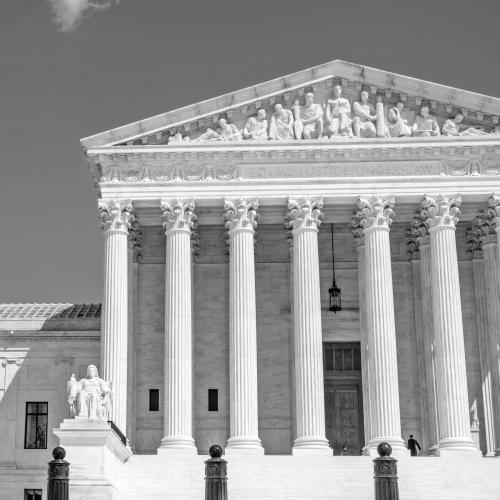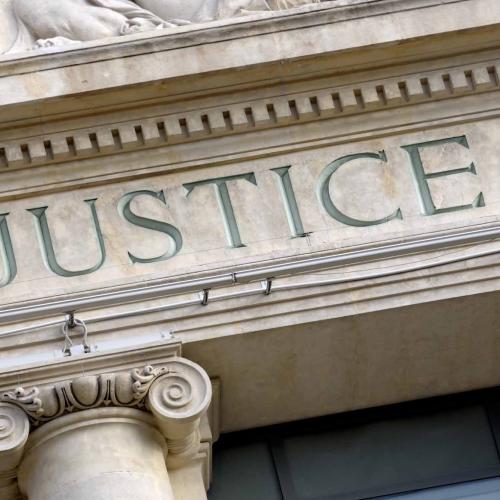Giglio = Brady; but, Brady ≠ Giglio
In the complex web of criminal justice, the interaction between constitutional obligations and prosecutorial discretion forms the bedrock of fair trial standards. The principles established in Brady v. Maryland and Giglio v.
Brady is the Original Super-Precedent
In the landscape of American criminal jurisprudence, few doctrines have had as profound and lasting an impact as the Brady Doctrine. Established in the landmark case of Brady v. Maryland, 373 U.S.
The American criminal justice system is fundamentally based on principles of fairness, justice, and the protection of individual rights.
The Brady Doctrine, named after the landmark Supreme Court case Brady v. Maryland (1963), is a cornerstone of American criminal justice, mandating that prosecutors disclose exculpatory evidence to the defense.
The Value of Proactive Disclosure
In the realm of criminal justice, the concept of Brady material stands as a cornerstone in ensuring fairness and the right to a fair trial. Originating from the landmark U.S. Supreme Court decision in Brady v. Maryland, 373 U.S.
Habeas Corpus Argument v. Prosecutorial Misconduct
The intersection between habeas corpus petitions and allegations of prosecutorial misconduct represents a critical juncture in the pursuit of justice in criminal cases.
The landscape of criminal justice in the United States is undergoing a seismic shift, with a new and disturbing trend coming to the forefront: mass exonerations.
The Failure of Law Enforcement Leadership
The criminal justice system in the United States rests on the foundational principle of due process, which requires that all individuals accused of a crime be treated fairly and with transparency. This principle is enshrined in the Fifth and Fourteenth Amendments to the U.S.
The Malicious Indifference of Judges
The American criminal justice system is founded on principles that are meant to ensure fairness and justice for all parties involved. Among these principles is the Brady Doctrine, a landmark ruling established in Brady v. Maryland, 373 U.S.








